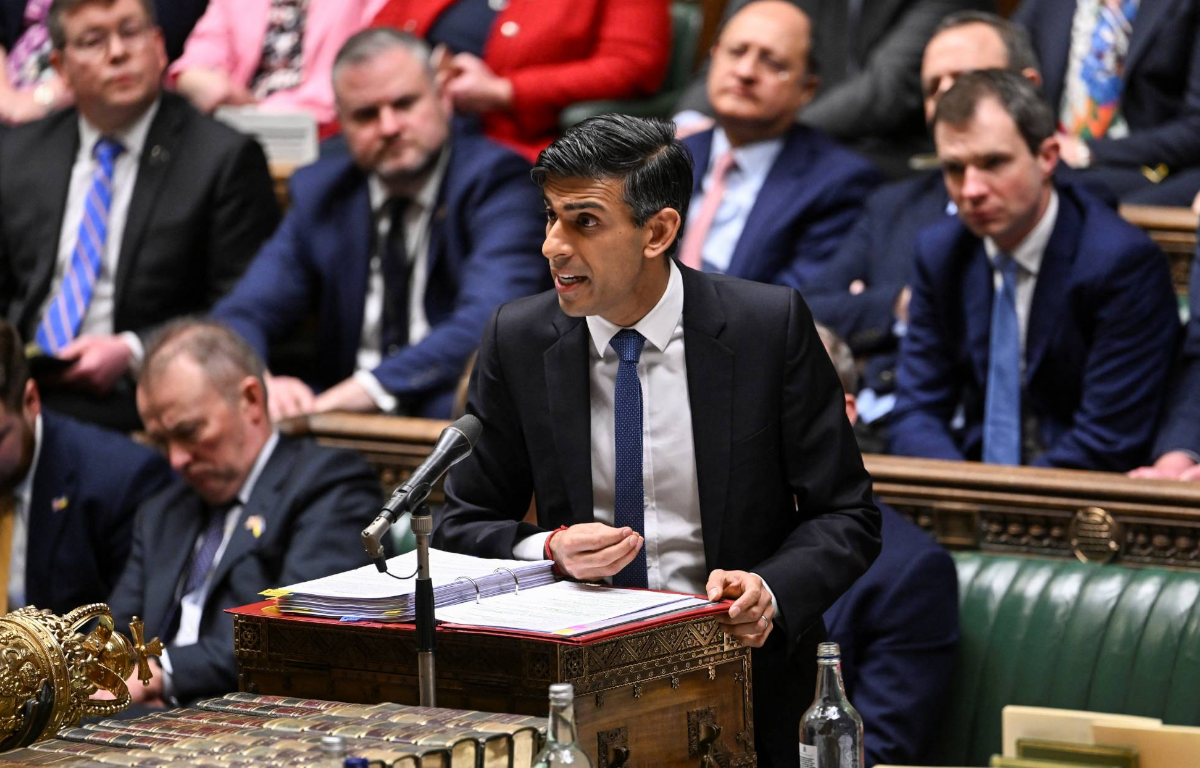
The summit, attended by leaders from the United States, the European Union, and other key partners, addressed a range of pressing issues, including economic cooperation, security challenges, and human rights concerns, with a focus on countering China’s assertive behavior and promoting a rules-based international order.
The summit’s agenda reflected a strategic shift in US foreign policy, emphasizing the need for collective action and cooperation among like-minded nations to address common challenges and uphold shared values. Central to this approach is the recognition of China’s growing economic, military, and technological prowess, as well as its increasing assertiveness in areas such as territorial disputes, human rights violations, and trade practices.
One of the key themes of the summit was economic cooperation and resilience in the face of China’s economic influence. Leaders discussed strategies to enhance supply chain resilience, promote fair trade practices, and address issues such as intellectual property theft and market distortions. The summit also highlighted the importance of investing in critical technologies, such as semiconductors and clean energy, to reduce reliance on Chinese supply chains and enhance technological sovereignty.
Security concerns featured prominently in the discussions, with leaders reaffirming their commitment to collective defense and deterrence against potential threats, including cyberattacks, disinformation campaigns, and regional instability. The summit underscored the importance of upholding international norms and agreements, such as the United Nations Charter and the rules-based order in the Indo-Pacific, to prevent conflict and promote stability.
Human rights and democratic values were another focal point of the summit, with leaders expressing concerns about China’s human rights abuses, including in Xinjiang, Hong Kong, and Tibet. The summit emphasized the importance of standing up for universal human rights principles, promoting freedom of expression and assembly, and holding accountable those responsible for human rights violations.
The Biden administration’s efforts to forge a united front against China have been met with mixed reactions from the international community. While many countries share concerns about China’s actions and welcome multilateral cooperation, others are wary of being drawn into a geopolitical rivalry and prefer a more nuanced approach to engagement with Beijing.
Critics argue that a confrontational approach could escalate tensions and hinder opportunities for cooperation on global challenges, such as climate change, pandemic response, and economic recovery. They advocate for a balanced strategy that combines engagement with competition and seeks areas of common interest while addressing areas of disagreement and concern.
Overall, Biden’s White House summit aimed to send a clear message of unity and resolve among like-minded democracies in addressing the challenges posed by China’s rise. The summit laid the groundwork for continued cooperation and dialogue on a range of issues while signaling a shared commitment to upholding international norms, promoting human rights, and defending democratic values in the face of growing geopolitical competition.










Share this: